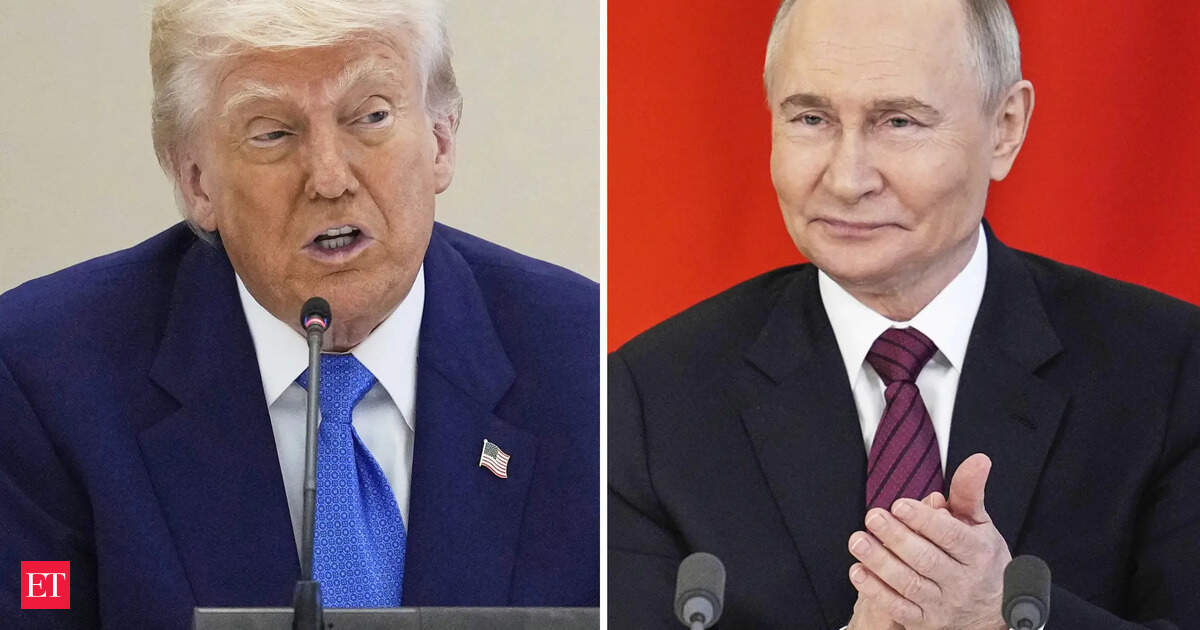Now Reading: Trump’s Tariffs on Russian Oil Buyers Spark Economic and Political Concerns
-
01
Trump’s Tariffs on Russian Oil Buyers Spark Economic and Political Concerns
Trump’s Tariffs on Russian Oil Buyers Spark Economic and Political Concerns

Quick Summary
- U.S. President Donald Trump has imposed a 25% tariff on Indian imports as a punitive measure for India’s purchase of Russian oil, marking the first financial penalty aimed at Russia during his second term.
- Secondary measures targeting Russian oil buyers like China are expected to follow by Friday, but no orders have been signed yet.
- These tariffs aim to pressure Russia into agreeing to peace in Ukraine by weakening its economy and war funding sources.
- Analysts say that while secondary tariffs may hurt Russia’s oil exports, ther is little chance that this will force Putin to cease hostilities.
- India’s import of 1.7 million barrels per day of Russian crude could represent about 2% of global supply; restrictions could drive fuel prices higher globally.
- Economists express concerns over rising energy costs possibly leading to global inflation and political challenges for Trump ahead of midterm elections.
- The move might strain U.S. trade relationships with India and China amid ongoing negotiations over critical sectors such as pharmaceuticals (India) and minerals (China).
Potential Impacts:
- Global crude prices risk spiking due to potential disruptions in Russian oil supply if major buyers, such as India or China, pivot away from purchasing Russian crude.
- Russia could retaliate economically through actions like shutting down the CPC pipeline from Kazakhstan, creating additional global supply crises.
Indian Opinion Analysis
The imposition of secondary tariffs targeting nations importing Russian oil highlights complex geopolitical dynamics where trade policies are becoming tools for foreign policy intervention. For india specifically, this presents notable challenges considering its reliance on discounted Russian crude amidst economic recovery efforts post-pandemic.
India’s position stems from sovereign decisions under existing international rules-the price cap mechanism agreed upon earlier-and it must weigh whether complying with U.S.-driven sanctions aligns with broader strategic interests without jeopardizing domestic energy security or economic growth.
Moreover, tariff-driven disruptions threaten vital trade relationships between India and the U.S., particularly concerning pharmaceutical exports-a key area where India holds leverage due to its generic drug production capabilities.
Rising fuel costs tied directly or indirectly to these measures can also negatively impact developing economies globally-further complicating diplomatic ties between involved nations while exacerbating inflationary pressures across industries reliant on energy inputs.
From an Indian perspective: Maintaining balance between securing international partnerships and protecting sovereign rights related to resources remains critical amidst evolving constraints driven externally by geopolitics rather than direct bilateral agreements.
























